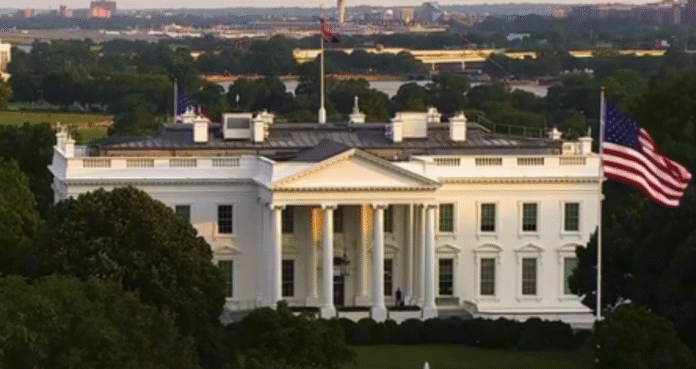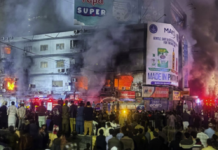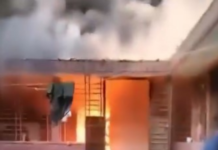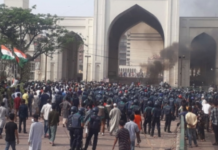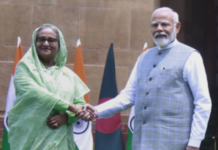ROME, Aug. 18 — Pakistan’s Army Chief General Asim Munir’s nuclear remarks on U.S. soil, coupled with Washington’s decision to designate the Balochistan Liberation Army (BLA) and its Majeed Brigade as foreign terrorist organizations, underscore that South Asia’s rivalries stretch well beyond the subcontinent, according to a new report.
Speaking in Tampa during his recent U.S. visit, Munir declared, “Pakistan would wait for India to build a dam, and when they do so, we will destroy it.” India’s Ministry of External Affairs (MEA) condemned the statement, calling it “nuclear sabre-rattling” and pointing to concerns about the safety of Pakistan’s nuclear command structure, where the military is accused of operating “hand-in-glove with terrorist groups.” New Delhi also expressed regret that such rhetoric was voiced “from the soil of a friendly third country.”
Within hours of Munir’s remarks, the Trump administration formally designated the BLA and its elite Majeed Brigade as terrorist groups — a move long sought by Islamabad.
“For India, the episode is a reminder that its deepening ties with Washington do not preclude tactical alignments between the U.S. and Pakistan, particularly when counterterrorism is the entry point,” wrote Theodore White in a report for the Rome-based Indo-Mediterranean Initiative CNKY. “It also comes at a moment when India–U.S. relations are under strain.”
The report, titled India Pushes Back as Pakistan’s Army Chief Tests the Boundaries in Washington, noted that the U.S. action against the BLA resonates beyond the India–Pakistan rivalry. The group has repeatedly targeted Chinese engineers and infrastructure tied to the China–Pakistan Economic Corridor, Beijing’s flagship Belt and Road project in the region. “Targeting the group therefore serves Beijing’s security interests, even as U.S.–China relations are locked in strategic rivalry — an irony not lost in either capital,” it stated.
The analysis further pointed out that the Baloch insurgency reaches across the border into Iran, where Sunni militants pose a challenge in the province of Sistan and Baluchistan. Weakening the BLA, the report said, indirectly aligns with Tehran’s security objectives, adding another layer of complexity in a region where U.S. and Iranian interests often collide.
“South Asia’s rivalries are not contained within the subcontinent,” the report concluded. “They are refracted through the interests of multiple powers — the U.S., China, Iran — whose agendas overlap and collide in ways that can unsettle even the most carefully cultivated partnerships.” (Source: IANS)


